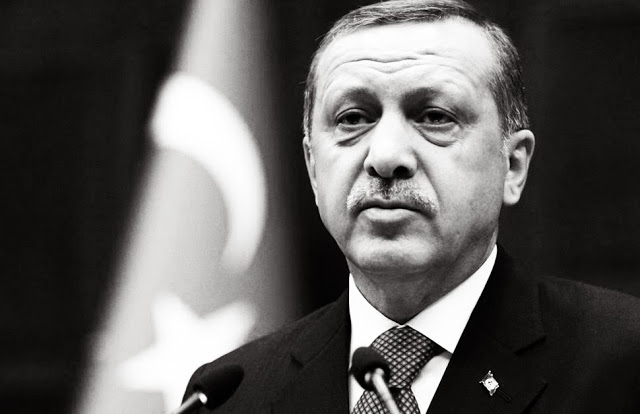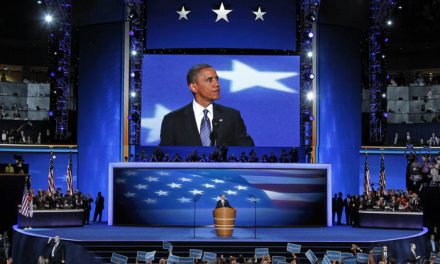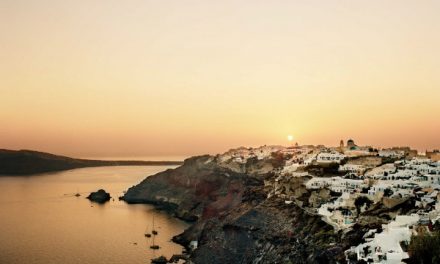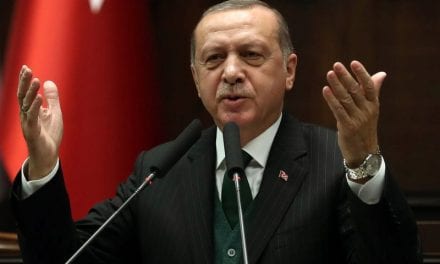By Arianna Ferentinou, Hurriyet Daily News
This Sunday was a significant day for Istanbul’s small Bulgarian community. In the presence of Bulgarian Prime Minister Boyko Borisov, Turkish President Recep Tayyip Erdoğan launched the re-opening of the historic St. Stephen Church on the shores of the Golden Horn.
This imposing 19th century building – made of cast iron and popularly known as the “Bulgarian Iron Church” among Istanbulites – recently underwent a major seven-year restoration at the expense of the Istanbul Municipality and the Bulgarian authorities. This tall, elaborate pastel-colored building will now once again be one of the historic features of the Golden Horn.
The St. Stephen Church stands on the same side of the Golden Horn as the Ecumenical Patriarchate of Constantinople and New Rome. Over the last four centuries this same Patriarchate has conducted all its religious services in the ancient church of St. George. Not far from there, the Ahrida Synagogue, which is the oldest in Istanbul, recalls the centuries-old history of Sephardic Jews in the Ottoman Empire. Further along the Golden Horn, on the same shore, stands another important religious complex: The Eyüp Sultan Mosque, constructed five years after the conquest of Constantinople by the Ottomans in 1453.
Reflections on this impressive religious map, which has survived centuries of war and peace, appeared in Erdoğan’s speech at the re-opening of the St. Stephen Church. “We have mosques, we have churches and we have synagogues, thanks to Sultan Mehmet II who provided freedom from Jerusalem to Thessaloniki, living together in tolerance,” he said.
He also highlighted an ongoing project by the Turkish government, which has so far restored 14 old churches that were then returned to their communities. The last two were the Agios Georgios and the St. Stephen Church, both in the Fatih Municipality.
Just one day before the reopening of the St. Stephen Church, Orthodox Christians who had gathered in the Patriarchate’s St. George Church celebrated their annual religious feast of the Epiphany. The two sites were close enough to merit a special comment by the Turkish president, who noted the proximity of various religious communities.
The Greeks of Istanbul may be one of the city’s smallest ancient communities, but the importance of their Patriarchate as a See of Orthodoxy often draws crowds from Greece as well as Orthodox Christians from other countries. This year’s Epiphany was no exception, with crowds of Orthodox Christians flocking to the area to attend mass at the patriarchal church.
Following the ancient tradition of their ancestors, the congregation walked on foot from the church to the shore of the Golden Horn, where they performed the ancient rite of “blessing the water.” Interestingly, Epiphany is the one religious event that brings Turks and Greeks together, as many Turkish TV crews were there to capture the traditional “dive to catch the cross” for Saturday’s main news broadcasts.
This year’s Epiphany on the Golden Horn attracted a larger crowd than the previous few years, as terrorist attacks, an attempted coup, and political uncertainty had recently tended to keep many Greeks away from Turkey. At the end of the ceremony, Patriarch Bartholomew wished for “the weather to be fair and for people not to fear, but to come to the mother church and celebrate together.”
In his speech at the St. Stephen Church the next day, Erdoğan said that the opening “conveys an important message to the international audience: Istanbul has once again shown the world that it is a city where different religions and cultures co-exist in peace.”
For his part, the visiting Bulgarian prime minister, whose country recently took over as the EU’s term president, promised to make EU-Turkey relations return to the level they were at a few years ago. “This is not a time to argue and hate,” Borisov said.
Whether Bulgaria is able to contribute to the normalization of Turkey-EU relations is hard to predict, as the country already has a fair amount of domestic and Balkan-related issues on its plate. Meanwhile, in his official trip to France last week Erdoğan received the message that for the time being there can be no further steps towards Turkey’s full EU membership.
The road to peace and harmonious coexistence has recently become increasingly rocky. Let us keep this interlude of tolerance on the shores of the Golden Horn more as a wish than as a realistic expectation.



















